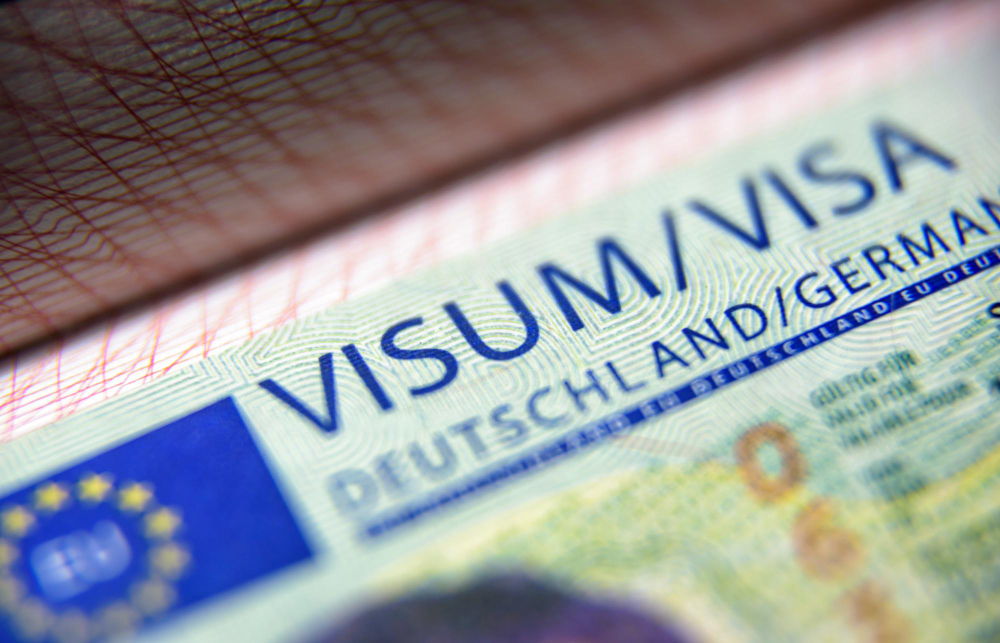Germany's Work Visa Quota for Kosovo Nationals Filled in Under Two Weeks
Key Highlights
- In just two weeks, over 8,000 work visa applications were submitted by Kosovo nationals.
- As a result, the German Embassy in Kosovo has halted the issuance of work visas.
- Kosovo nationals remain one of the largest beneficiaries of the Western Balkans Regulation for employment in Germany.
Suspension of Work Visa Applications
With more than 8,000 work visa applications filed within just 13 days, the German Embassy in Kosovo has officially stopped accepting further applications. New applications will only be processed in 2026 once the annual quota is renewed.
Local media reports confirm that the yearly work visa quota for Kosovo nationals was exhausted within this short period. Consequently, the German Embassy in Pristina has suspended work visa submissions until the next cycle. A specific number of visas will be allocated for Kosovo nationals once the application window reopens.
Work Visa Quota Under the Western Balkans Scheme
The visa quota for Kosovo is part of a broader allocation under the Western Balkans Scheme, which applies to six nations: Kosovo, Albania, Bosnia and Herzegovina, North Macedonia, Montenegro, and Serbia.
Germany Increases Work Visa Quota for the Western Balkans
Citizens from these six countries are eligible to apply for German work visas under the Western Balkans Regulation. In response to ongoing labor shortages, Germany initially set a quota of 25,000 work visas for these nationals.
However, as of June 1, 2024, this annual quota has been doubled to 50,000 work visas. The approvals will be processed through the Federal Labor Agency, offering expanded employment opportunities for Western Balkans nationals.
Growing Workforce from the Western Balkans in Germany
According to the German Federal Statistical Office (Destatis), nearly 76,000 nationals from the Western Balkans were employed in Germany by the end of 2023—an increase of 22% compared to the 62,000 workers in 2022.
Kosovo nationals represent the largest group under this scheme, with approximately 20,000 employed in Germany by late 2023.
Enhanced Employment Opportunities for Western Balkans Nationals
Beyond the work visa quota, new employment opportunities are emerging for third-country nationals, including those from the Western Balkans. The Opportunity Card is one such initiative, allowing qualified workers to live and work in Germany under simplified regulations.
Language requirements have also been eased, allowing applicants with A2, B1, or B2 proficiency levels to qualify for jobs, provided they meet other eligibility criteria.

